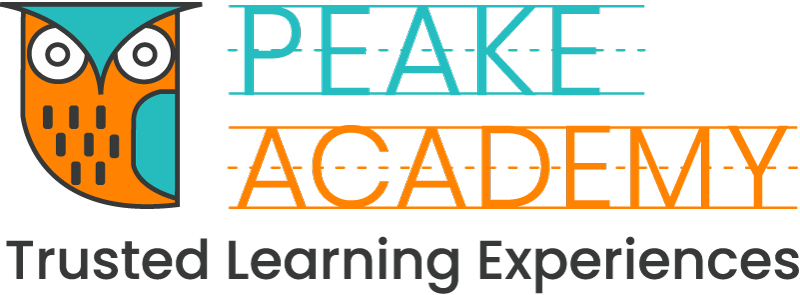How to Teach Your Child About Community & Culture
As your child grows, they become aware of the world around them. Being a part of a social community beginning in preschool and playgroups. Their view of the world expands from interacting with many different people. We can take for granted the communities in which we live. Others may live in more diverse areas with a mix of cultures. No matter the community you were raised in, it is important to foster a sense of acceptance and tolerance within our children. There is value in teaching your child about community and culture. Exploring ways to address it with young children.
Learning about cultures and customs helps your child appreciate their community and culture. It allows them to engage with and understand other cultures in a mindful way.
Let's explore some of how you can teach your child the importance of this.
Model Behavior and Responsibility
In the long run, parents are their child's first role model. During the preschool ages and stages, your child is looking to you for guidance. How they should be treated, as well as how to treat others. One of the most important things you can do to raise socially broadminded and kind individuals is to model the behavior you would like to see from your children. Your child is keeping an eye on your actions. So, monitor language, conversations and openly discuss issues respectfully and in a way that shares affirmation of other people's culture.
Teach and Celebrate Your Own Culture
Celebrate your family's ancestors and the current traditions in place by teaching your child about their own background. The first place to start is to teach your child about their own culture, identity, and traditions. Explore ways in which your family is different from others. Continue with discussing how your culture is different from others in your same community or country, and bolster the concept of respecting others even if their culture is different.
Your family dinner is a great time to start a conversation introducing what a family tree is, pictures of distant relatives, or drawing a big map on butcher paper. Perhaps as you draw, you can share a story of who your relatives are/were and where they came from. Have your child help you color it in-boats, houses, farmland, etc. Ask your child open-ended questions to keep the conversation going. Ex., "What do you think the types of vegetables were planted on the farm?" Or, "What do you think they ate for school lunches?" Maybe, your next family night can be themed with all your own culture's traditions-music and dinner feast. Make it a party!
Inspire to Make a Difference
One of the best ways to integrate a sense of empathy for others is to inspire kids to show up in their community to make a difference. Teach your child to speak up to take appropriate action if they witness something inappropriate in their school or community. Have an open conversation about addressing issues within your community and those affecting the country at any given time. Raising a socially aware child, parents can promote social acceptance and change.
“Building positive identities and a respect for differences means weaving diversity into the fabric of children's everyday lives.”
-Scholastics
Ways to connect to your family's culture and learn about other cultures;
● Through music, folk tales, and traditional dance.
● Learning a second language.
● Using authentic recipes passed down from generations.
● Enriched books bring the stories past to the present.
● Travel to places of family's origin, museums where they have preserved the history of those before us navigating diversity and perseverance.
● Experience the value of volunteering opportunities locally as a family.
● Continue to encourage your child’s inquisitive questions!
Thank you for reading this content. Subscribe to our Weekly Newsletter. We occasionally send resources of great value and freebies and we would love to send them to you for free!
Here’s a Free Family Culture Drawing Printable made by Peake Academy Preschool at Home for you
Visit our Parent Advisor and The Buzz Blogs to learn more about related topics and parenting tips. You are welcome to join our private Parent Advisor Facebook group. It’s a growing community of parents and preschool teachers where you can learn and share more parenting tips.
